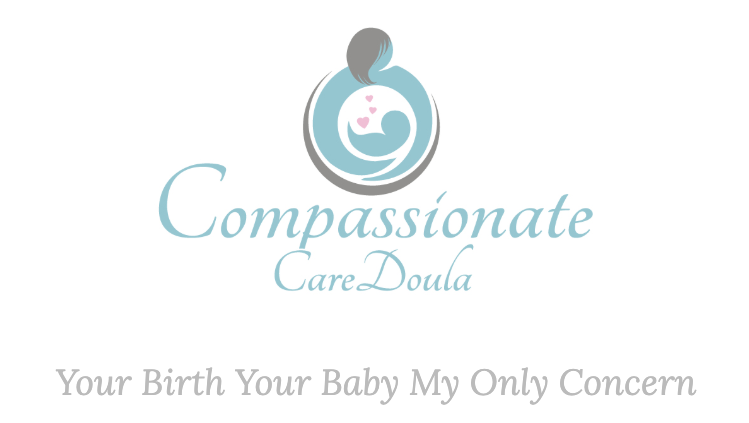Carrying a genetic disorder doesn’t have to interfere with your plans to have a family. Here are some tips for thoughtful family planning in light of your genetic condition.
Gather Information
Having an idea of your family’s medical history can give you important information and peace of mind. Ask your family members if they’re aware of any familial health problems. Understand that not all genetic disorders are automatically passed down. Some conditions, such as cystic fibrosis, require both parents to be a carrier of the gene. Others, such as Marfan syndrome only require one parent to be a carrier of the gene. And even if there’s a family history of a particular health problem, remember that treatments for once chronic or even fatal conditions have been invented or improved upon dramatically in the past few decades alone.
Use Genetic Testing
Genetic testing can seem daunting, but it’s an important step to understanding your health situation. A genetic counselor is a certified medical professional who’s qualified to review your medical history and make recommendations for genetic testing. By being tested, you can unlock more information about your genetic disorder and possibly identify ways to mitigate symptoms or adverse effects.
Consider Fertility Treatments
Fertility treatments aren’t just for people who struggle to conceive naturally. They can also be helpful for individuals who have a genetic disorder that they are at risk of passing down to their children.
A benefit of fertility treatments is that embryos can be screened for genetic conditions. If chromosomal abnormalities are detected, your provider can help you determine your next steps, which may involve selecting the healthiest embryos for the next steps of treatment. Or, you could choose to use donated embryos. Of course, this technology is evolving and outcomes aren’t guaranteed, but fertility treatments and genetic testing can give you excellent information about the health of your future children.
Try Therapy
Talk therapy can be a helpful tool in handling the emotions that come with planning a family while carrying a genetic disorder. Try to find a local therapist in Charleston, South Carolina, who specializes in working with people in these circumstances. A licensed professional is often an invaluable resource when it comes to maintaining your mental health as you plan for a family.
Get Ready to Move
Adding members to your family may require adding some square footage to your current living arrangement. As you house hunt throughout the Charleston area, keep an eye on mortgage rates and discuss with your lender what type of loan is right for you, including a conventional, FHA, or VA loan. Learn more about your options at PennyMac.com.
It’s a good idea to shop for a home that can support your growing family. For example, if you have a disorder that could potentially affect you or your children’s mobility, think about purchasing a one-level home. Also, consider buying a home close to a medical institution, such as Roper Hospital or MUSC Health University Medical Center, if you anticipate needing care.
Knowledge Is Power
It’s important to get all the information you can about your condition and the implications it has for your family’s future. In doing so, you’ll have a better chance at creating a happy, healthy family. For information on transitioning to the 4th trimester at home, visit Compassionate Care Doula.
Written by
Kristin Louis
Thank you Kristin

